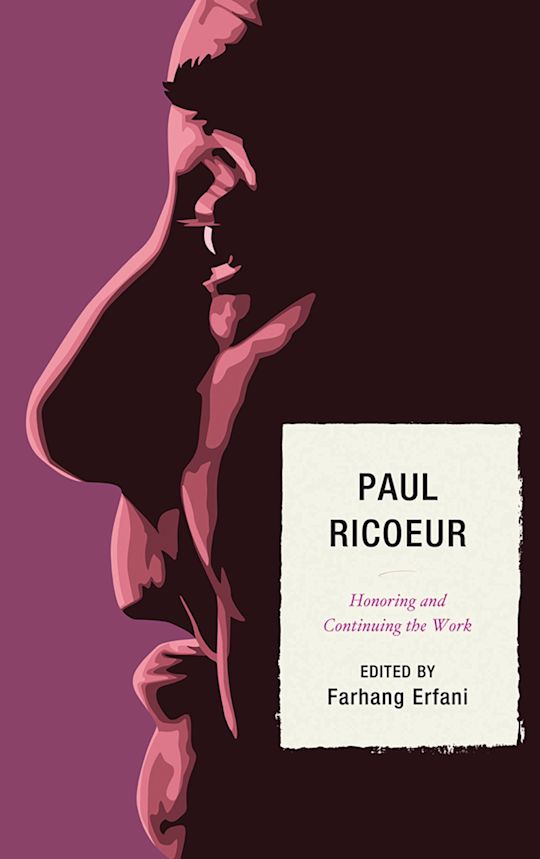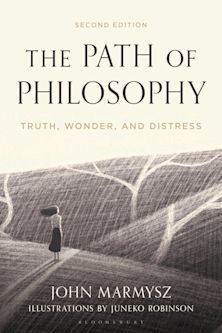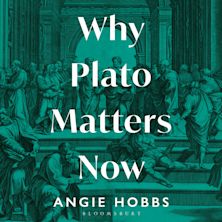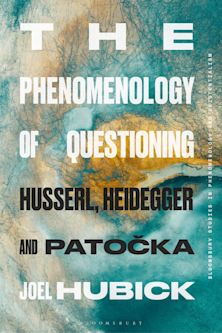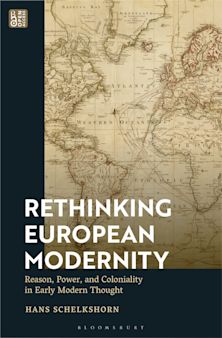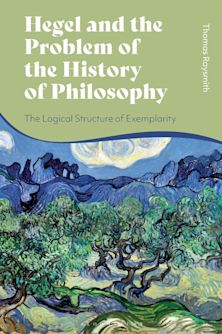- Home
- ACADEMIC
- Philosophy
- History of Philosophy
- Paul Ricoeur
Paul Ricoeur
Honoring and Continuing the Work
Farhang Erfani (Anthology Editor) , Lorenzo Altieri (Contributor) , Pamela Anderson (Contributor) , Patrick Bourgeois (Contributor) , Fred Dallmayr (Contributor) , Gregory Hoskins (Contributor) , David M. Kaplan (Contributor) , Richard Kearney (Contributor) , Peter Kemp (Contributor) , Domenico Jervolino (Contributor) , Morny Joy (Contributor) , Jason Springs (Contributor) , Henry Venema (Contributor) , John Wall (Contributor) , John Whitmire (Contributor)
Paul Ricoeur
Honoring and Continuing the Work
Farhang Erfani (Anthology Editor) , Lorenzo Altieri (Contributor) , Pamela Anderson (Contributor) , Patrick Bourgeois (Contributor) , Fred Dallmayr (Contributor) , Gregory Hoskins (Contributor) , David M. Kaplan (Contributor) , Richard Kearney (Contributor) , Peter Kemp (Contributor) , Domenico Jervolino (Contributor) , Morny Joy (Contributor) , Jason Springs (Contributor) , Henry Venema (Contributor) , John Wall (Contributor) , John Whitmire (Contributor)
You must sign in to add this item to your wishlist. Please sign in or create an account
Description
This collection of essays is dedicated to the prolific career of Paul Ricoeur. In his lifetime, Ricoeur made significant contributions to many fields, such as theology, aesthetics, narratology, linguistics, and of course, philosophy. Within philosophy alone, he engaged many currents of thoughts, always providing careful and faithful analyses of philosophers while adding his own unique perspectives. Many essays in this anthology revisit Ricoeur’s own works, carefully placing him in his philosophical context, while providing new interpretations of questions that mattered to Ricoeur, such as imagination, forgiveness, justice, and memory. Other essays, honoring Ricoeur’s own approach, bring him to dialogue with new questions, such as globalization, technology, and national memorials.
Table of Contents
Chapter 1: Owl of Minerva Takes Flight: Obituary for Paul Ricoeur
Richard Kearney
Chapter 2: Love and Justice: A Memorial Tribute to Paul Ricoeur
Fred Dallmayr
Chapter 3: Paul Ricoeur and the Philosophy of Technology
David M: Kaplan
Chapter 4: Twice Difficult Forgiveness
Henry Venema
Chapter 5: Ricoeur, Poetics, and Religious Ethics
John Wall
Chapter 6: A New Fragility: Ricoeur in the Age of Globalization
Farhang Erfani and John F: Whitmire, Jr
Chapter 7: Remembering the Battle of Gettysburg: Paul Ricoeur and the Politics of Memory
Gregory Hoskins
Chapter 8: A Feminist on Forgiveness: When (Where?) Love and Justice Come Apart
Pamela Sue Anderson
Chapter 9: Hope, Imagination, and Reflective Judgment: Paul Ricoeur and Immanuel Kant
Patrick Bourgeois
Chapter 10: Oneself with Another: Following the Thread of Paul Ricoeur’s The Course of Recognition
Lorenzo Altieri
Chapter 11: In Search of a Poetics of the Will
Domenico Jervolino
Chapter 12: Paul Ricoeur and the Duty to Remember
Morny Joy
Chapter 13: Figuring the Sacred: Ricoeur on Biblical History
Jason Springs
Chapter 14: Foundation of Ethics Considered through the Ethics in the Century of Ricoeur
Peter Kemp
Selected Bibliography
Contributor Bios
Product details
| Published | 16 Dec 2011 |
|---|---|
| Format | Ebook (Epub & Mobi) |
| Edition | 1st |
| Extent | 260 |
| ISBN | 9780739136584 |
| Imprint | Lexington Books |
| Publisher | Bloomsbury Publishing |
About the contributors
Reviews
-
In this collection of edited articles, 14 accomplished scholars think with and beyond Paul Ricoeur in an effort to honor and continue his work. This is no small task, since Ricoeur's corpus is extensive, interdisciplinary, and diffuse. An astute student of many schools of thought, particularly phenomenology and hermeneutics, Ricoeur devoted his life to fashioning a philosophical anthropology centered on the capable human being. Here the focus falls on topics that preoccupied Ricoeur during his long and prolific career: language, imagination, narrative, history, religion, ethics, love, justice, memory, forgiveness, hope, and personal identity, to name the most salient. At the same time, contributors creatively extend the philosopher's ideas to engage issues such as technology, globalization, and national memorials. A portrait of intellectual integrity, Ricoeur always acknowledged the contributions of others. He also refused to take methodological short cuts, preferring instead the roundabout route, a rigorous path that required him to consider competing conceptions together in order to mediate between them productively. There is much to celebrate in Ricoeur, and this substantial anthology is eminently worthy of the man it ardently seeks to commemorate. Summing Up: Highly recommended. Upper-division undergraduates and above.
Choice Reviews









